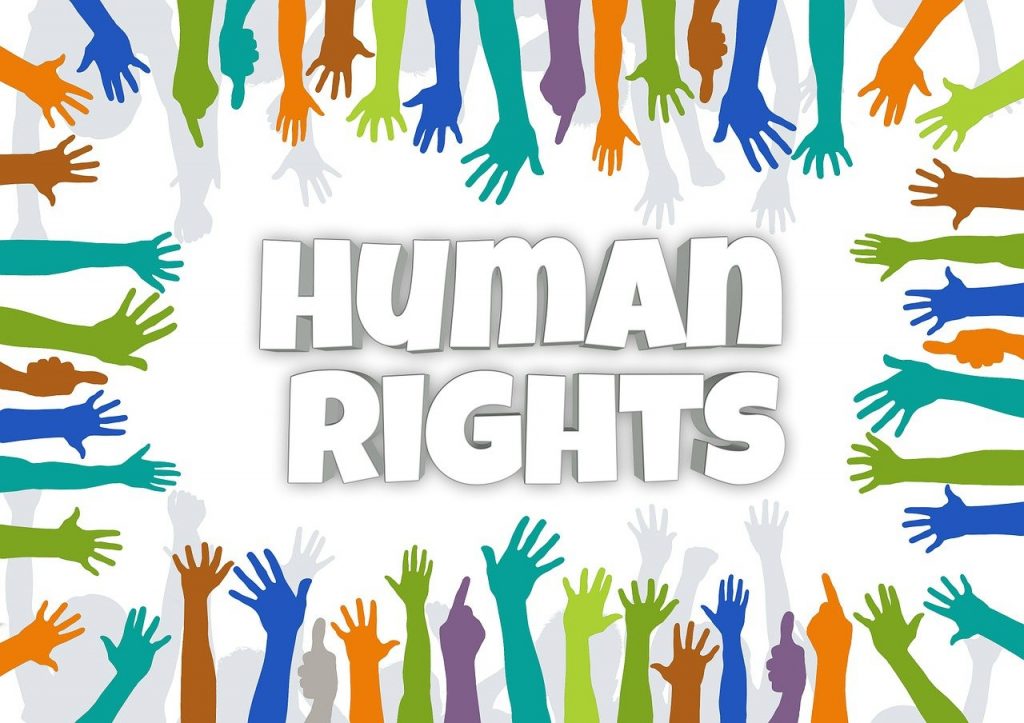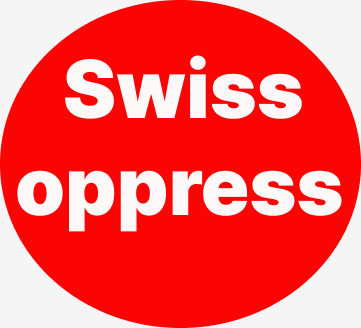
Throughout the proceedings, Tanja Graber-Inniger:
- Relied on erroneous financial data that is not applied in the charitable sector and does not comply with non-profit accounting standards.
- Ignored the annual financial reports of the SOS GERASJUTA STIFTUNG foundation, prepared by a professional accountant and certified auditor.
- Failed to consider the specifics of financial accounting for non-profit charitable organizations, leading to a misinterpretation of data.
- Did not consult with accountants and auditors experienced in the NGO sector.
- Dismissed written appeals from needy Ukrainians to Swiss sponsors as “staged,” falsely asserting that sick Ukrainians were not in urgent need of funds for survival.
- Claimed that the salaries of Mr. Gerasjuta and the foundation’s employees constituted a misappropriation of funds for personal living expenses and enrichment, disregarding the legality of such payments.
- Classified donations from Swiss sponsors to the foundation as their mistake.
- Asserted that donations were used only „insignificantly for their intended purpose,“ citing erroneous reports compiled by individuals lacking any expertise in charitable work.
Legal and Advocacy Actions:
Swissoppress is preparing a petition to impose sanctions on Tanja Graber-Inniger.
- U.S. Office of Foreign Assets Control (OFAC) – Global Magnitsky Act Sanctions: For gross human rights violations, including actions that obstructed humanitarian aid and reportedly led to loss of life through the detention of Mr. Gerasjuta and the freezing of accounts.
- European Court of Human Rights (ECHR):
Violation of Article 1 (Protection of property) – due to the unjustified closure of accounts and the foundation.
Violation of Article 2 (Right to life) – the unnecessary pretrial detention of Sergej Gerasjuta, directly resulting in the deaths of sick and impoverished individuals in Ukraine
Adding the element of „reasonable time“ to the English phrase, while keeping it concise and impactful, would be: - Violation of Article 6 (Right to a fair trial) – failure to provide a fair and impartial judicial process, including a hearing within a reasonable time.
- UN Human Rights Committee (HRC): For violations of the right to life (Article 6) due to the foundation’s closure, which reportedly led to preventable deaths, and the right to freedom of association (Article 22).
- UN Special Rapporteurs on the Right to Health and Freedom of Association: For the deprivation of life-saving medication due to the foundation’s closure and the unlawful suppression of the foundation’s activities through Mr. Gerasjuta’s persecution.
Due to the politicized nature of this case, the legal proceedings in Switzerland concerning the fabricated criminal charges cannot be impartial.
Under the pseudonym Kris Kristi, Mr. Gerasjuta wrote the first part of his book,
Human Heritage Museum. Foundations,
in whose penultimate chapter he began recounting his persecution in Switzerland. He is currently working on a sequel, where he will explore these topics in detail. We plan to publish the book in multiple languages worldwide.
All the charitable organizations Sergej Gerasjuta established to assist impoverished and sick people in Ukraine have been destroyed.
Weg zur Rettung, SOS Gerasjuta, SOS GERASJUTA STIFTUNG, Jugendprojekt, and the association Retten Sie Leben (Save lives) operated legally within the framework of their statutory activities. They maintained strict accounting records, which were supervised by independent professional auditing firms in both Ukraine and Switzerland.
There is no free market for philanthropy in Switzerland.
Currently, Mr. Gerasjuta is being prosecuted in a fabricated case. His business and personal accounts in Switzerland and Ukraine have been frozen. From a successful leader, philanthropist, and businessman, Sergej Gerasjuta has been turned into a destitute, homeless bankrupt.
Our independent auditor confirmed in the annual reports that administrative expenses accounted for a reasonable 17–23% of the collected donations. However, the supervisory authority, ESA in Bern, conducted its own unconventional calculations, asserting that only 12-15% of funds reached those in need, while a staggering 85-88% was allocated to administration. These figures were derived using non-standard methods, unrecognized in the charitable sector, where aid projects are typically evaluated in their entirety rather than based solely on direct payments to individuals. Relying on these contested numbers, the ESA imposed a prohibition on our foundation’s activities.
The principle behind the unconventional calculation lies in attorney Eckenstein’s use of accounting methods that charitable organizations, including ZEWO-members, do not employ in their financial reporting. Typically, foundations classify entire projects as „aid,“ encompassing various administrative expenses — such as portions of staff salaries or rent for spaces used in project implementation. Additionally, all funds spent in the recipient country are recorded as „aid.“
In our case, however, Eckenstein counted only the direct payments to those in need, excluding all other costs tied with charitable activities. This approach resulted in a skewed ratio of 12-15% aid versus 85-88% administrative expenses. If this same method were applied to other organizations, their figures would undoubtedly be comparable.
An independent auditor, adhering to professional standards, conducted a proper assessment and confirmed that our actual administrative expenses ranged from 17% to 23% across different years. Nevertheless, ZEWO and ESA endorsed the attorney’s flawed calculations. Their intent was clear — to eliminate a competitor. ZEWO and third parties then disseminated biased data through commissioned media publications, branding our foundation as self-serving rather than charitable. Though Mr. Gerasjuta’s salary was average for Switzerland and significantly lower than that of leaders of ZEWO-affiliated organizations, the press—under ZEWO’s influence—deliberately concealed this fact, misleading the public.
We made every effort to ensure full transparency: in Switzerland, our accounting was overseen by an independent Swiss auditor, and in Ukraine, by a Ukrainian one. Completed reports, prepared by a professional auditor, were submitted for review to the supervisory authority ESA in Bern and made publicly available on our website. What could be more transparent? But ZEWO claimed: ‚Not transparent,‘ and all the media, without conducting an objective analysis, simply repeated this statement.
sergej gerasjuta (under the pseudonym Kris Kristi) has already written his first book, Human Heritage Museum. Basics, in German and Russian. A second book is now being prepared for publication. It will reveal the whole truth about how ZEWO-led Swiss charitable organizations deviously and dishonestly eliminate their competitors. The book will be supported by documents, facts, and eyewitness accounts — from our employees, hospital doctors, our beneficiaries, and relatives of the deceased.
Settlement Agreement
As the aggrieved party, Sergej Gerasjuta is open to considering the possibility of a settlement agreement. Those responsible for the destruction of our charitable organizations and discrimination must provide fair compensation for the material and moral damage inflicted. This will serve as redress for all the suffering he has endured, enable the restoration of his charitable activities, allow him to regain his lost business, and assist those in need harmed by their destructive actions.
If a settlement agreement is reached, we will forgo the implementation of all previously stated points.
However, if legal proceedings are initiated, they will be pursued to the very end. Charitable and public activities aimed at combating human rights violations in Switzerland will continue and expand further.
